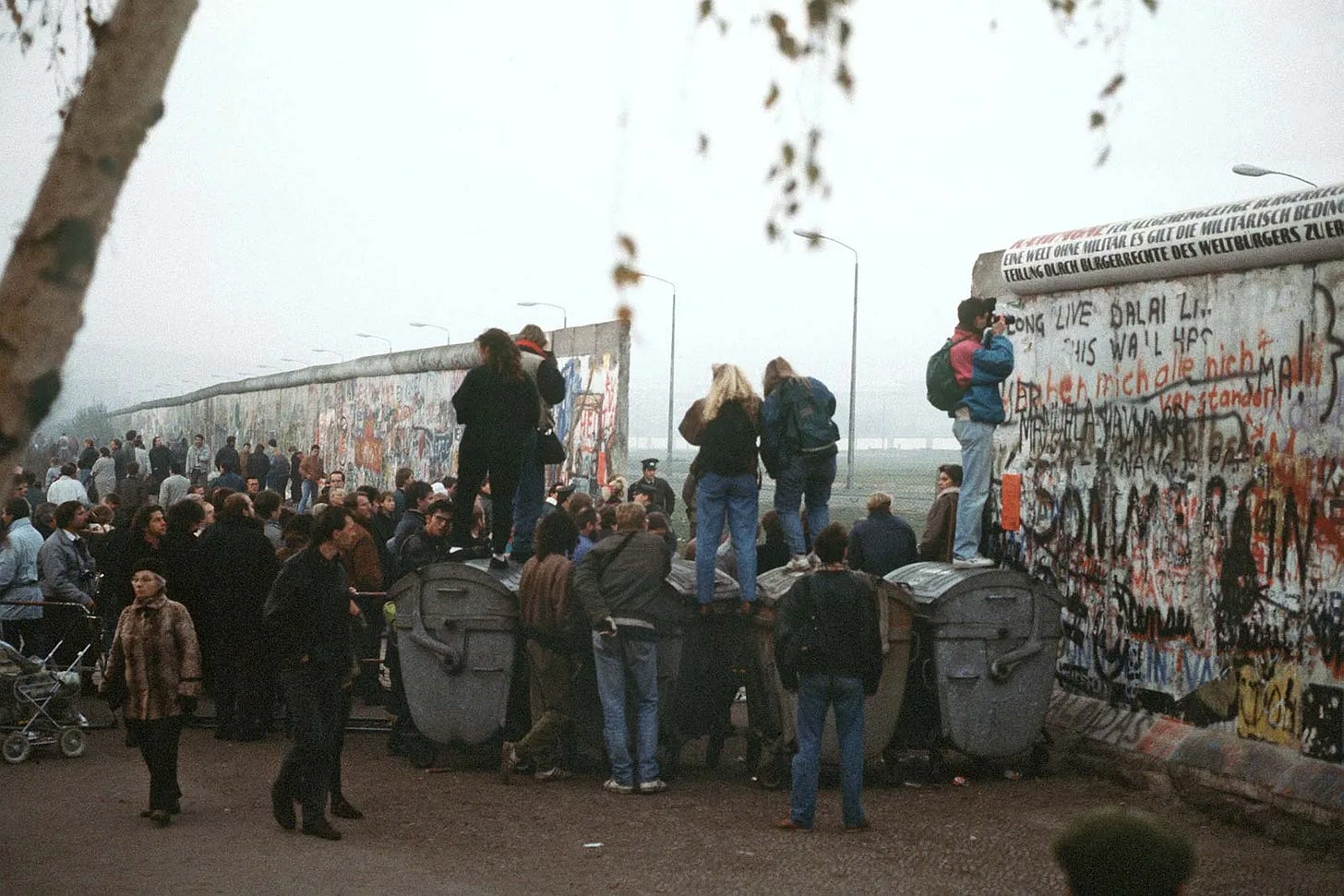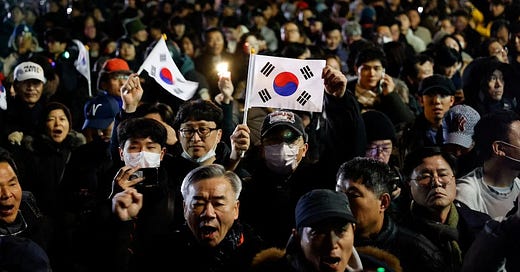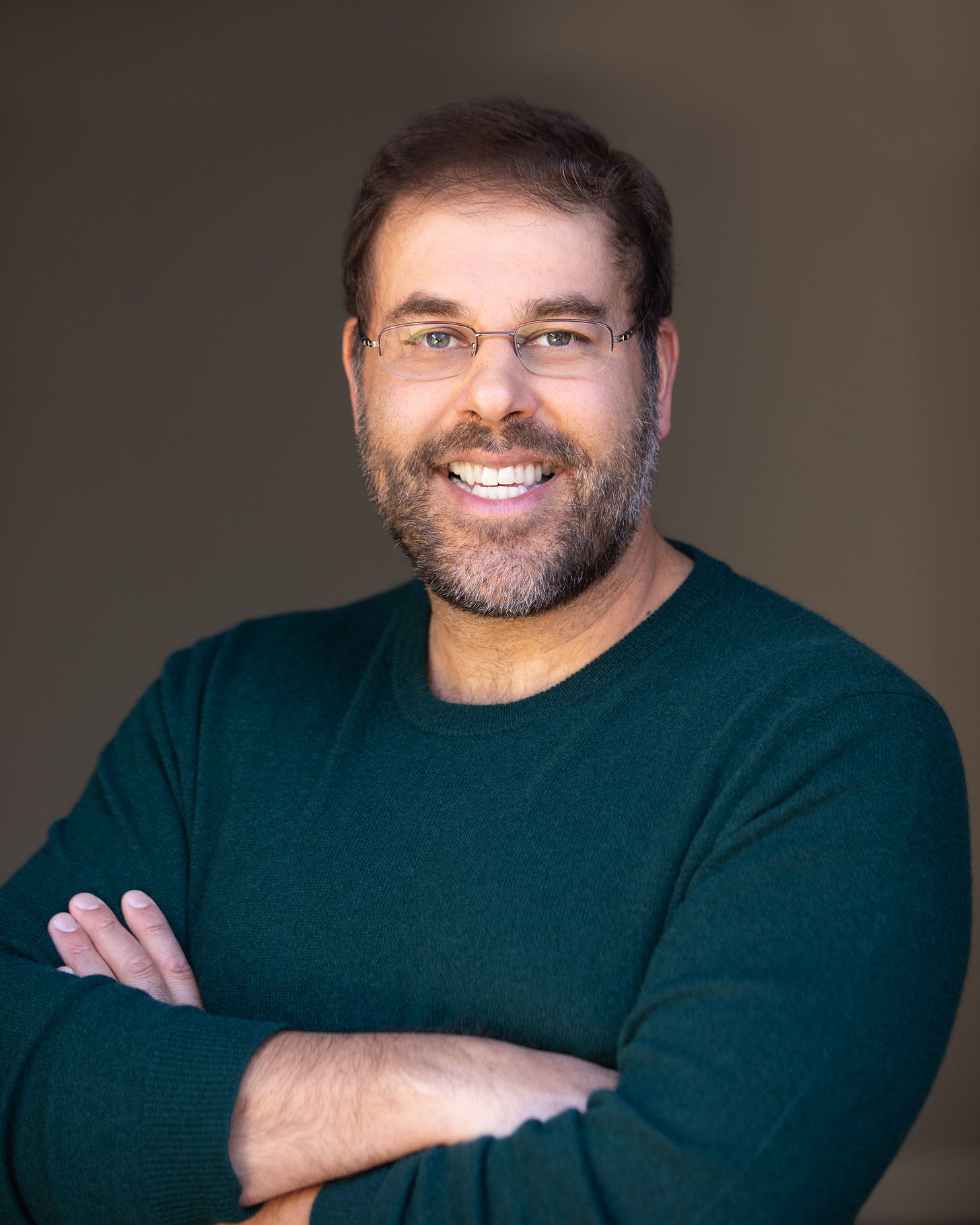Mob Rule and Democracy
We’ve seen a week of public activism, and now we must have leaders at all levels committed to democratic purpose.

By Jeremi Suri
Last week, crowds of citizens defeated two determined authoritarians. In South Korea, thousands of protesters surrounded the National Assembly after President Yoon Suk Yeol imposed martial law. They helped persuade soldiers sent to lockdown the building that they should defy the president and allow elected lawmakers to return to the National Assembly, where they voted unanimously to rescind the president’s abuse of power. Within hours, democracy was restored and a would-be authoritarian faced possible removal from office.
That was only part of the week’s drama. On Saturday, rebel soldiers in Syria, led by a group called Hayat Tahrir al-Sham, overran the forces keeping dictator Bashar al-Assad in power. For more than thirteen years, Assad had used the most brutal tactics, including chemical weapons, to kill challengers to his rule and preserve his repressive government. Now, at last, a coalition of various Islamist and Kurdish organizations had rallied enough support to defeat Assad’s army. When the rebels arrived in Damascus this weekend, they were greeted as liberators by citizens who had lived for a century under the strict control of the Assad family.
In South Korea, Syria, and elsewhere we are witnessing the power of crowds. Large numbers of unknown people are acting with their feet, their voices, and their weapons to force political change. They are demanding alterations in policy and leadership. They are angry, sometimes vengeful. They are expressing an unwillingness to accept conventional limits and inherited rules. Although the crowds do not promote a clear program, they are radical in their determination to invalidate current compromises. They want something different, and they want it fast.
Charismatic figures who entertain and project strength play to the crowds. That is a common historical phenomenon – what the historian Crane Brinton called the “Thermidor” stage of revolution. Figures like Viktor Orbán in Hungary, Javier Milei in Argentina, Jair Bolsonaro in Brazil, and Donald Trump in the United States promise that they will blow up the established institutions and replace them with what the people want. The strongmen will serve as agents of the crowd, destroying elites as they return the resources of government to ordinary citizens.
This is populism in action: the assertion that political legitimacy comes only from the roaring assent of those in the streets, at the rallies, and on social media. Populists claim they are democratic by showing mass support, but that is not what drives them. Their power comes from the loud, obvious, and threatening behavior of crowds that are rarely a majority of the population. Populists usurp the majority by silencing most citizens, who are opposed, uncertain, or indifferent. A small part of society assembled in the streets looks much larger and stronger than it really is. The crowd attracts followers from its strength, but its greatest power comes from those it excludes.
The politics of the crowd, therefore, are really the politics of the mob: groups of citizens who feel empowered in their numbers to seize power for themselves and deny it to others. Mobs create “in” and “out” members – those who are on the dominant side and those who are not. Mobs justify violence and brutality as part of the struggle. Politics for them is war; compromise of any kind is dangerous because it empowers the enemies of the mob.
Social media have created mobs online. Just open X (formerly Twitter) to see how crowds rally to attack defenders of reason and moderation. Divided, stalemated politics in every major society have encouraged citizens to look for alternative modes of pursuing their interests. If the traditional parties cannot get anything done, why not take to the streets? The flagrant inequalities in our world have motivated people to distrust current institutions and favor popular efforts to tear them down.
I have written about these mob dynamics in the past. There are examples where protest pressures have supported democratic reforms, including civil rights in the 1960s, anti-communism in the 1980s, and the resistance to authoritarianism in South Korea and Syria last week. An angry crowd is engaged with politics, and it demands a voice in government. The “Arab Spring” of popular protests that began throughout the Middle East in 2010 shook the most authoritarian regimes in the region. Although the protests did not bring democracy to the region, they led to the overthrow of Assad more than a decade later. Government “of the people and by the people” often requires manifest anger and opposition from the people.
But the populism of mob rule can also turn the energies of the people against themselves by encouraging venality, violence, and other forms of vengeance. A rabid mob is susceptible to lash out at perceived enemies and follow a demagogue who plays to its fears, rather than building something better than what existed before. This cycle of self-destruction is a common historical occurrence, exemplified by the Reign of Terror during the French Revolution. Studying that history made Crane Brinton skeptical of mass movements. The founders of the United States had the same concerns.
In Federalist 55, James Madison defended electing a small number of representatives, with various checks on their power, to avoid what he called “the confusion and intemperance of a multitude.” “In all very numerous assemblies,” Madison warned, “passion never fails to wrest the scepter from reason. Had every Athenian citizen been a Socrates, every Athenian assembly would still have been a mob.” Democracy, for Madison and other founders, required leaders and institutions who disciplined crowds.
Modern democracies use an evolving system of law and divided representation, rather than direct rule, to channel the mob toward deliberation, inclusion, and fairness. The people in the street matter for a democracy, but they do not control what happens. They must share power with other groups and interests, especially those who are cowered by the loud voices and the intimidating bodies. “We, the people” in a democracy are much more than the mob. Everyone has certain legal rights, and everyone merits some political representation. The founders wanted policy decisions to reflect deliberation and compromise between contending interests – exactly what does not happen when a mob rushes the street with a demagogue at the head.

The challenge of our time is to turn the emotion and engagement that is motivating crowds around the world to this democratic direction. That requires leaders at all levels who are committed to democratic purpose. Respecting those who are angry but channeling that anger to good is the task ahead. We must use the energy in the streets to build systems that share power. A new generation of global leaders must take up that cause.
I have hope that public activism from South Korea and Syria to Argentina and the United States can encourage democratic reforms. The mob can serve democracy if it is led in that direction. We must support that kind of leadership.
Also see in:
German, Turkish, Chinese, Spanish
Jeremi Suri holds the Mack Brown Distinguished Chair for Leadership in Global Affairs at the University of Texas at Austin. He is a professor in the University's Department of History and the LBJ School of Public Affairs. Professor Suri is the author and editor of eleven books on politics and foreign policy, most recently: Civil War By Other Means: America’s Long and Unfinished Fight for Democracy. His other books include: The Impossible Presidency: The Rise and Fall of America’s Highest Office; Liberty’s Surest Guardian: American Nation-Building from the Founders to Obama; Henry Kissinger and the American Century; and Power and Protest: Global Revolution and the Rise of Détente. His writings appear in the New York Times, Washington Post, Wall Street Journal, CNN.com, Atlantic, Newsweek, Time, Wired, Foreign Affairs, Foreign Policy, and other media. Professor Suri is a popular public lecturer and comments frequently on radio and television news. His writing and teaching have received numerous prizes, including the President’s Associates Teaching Excellence Award from the University of Texas and the Pro Bene Meritis Award for Contributions to the Liberal Arts. Professor Suri hosts a weekly podcast, “This is Democracy.”






